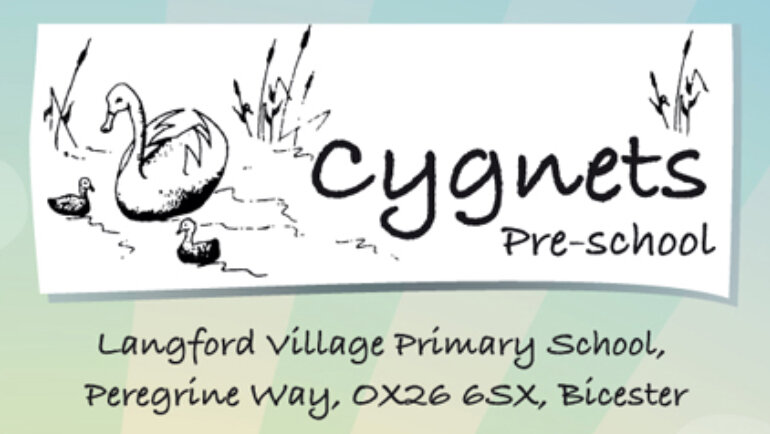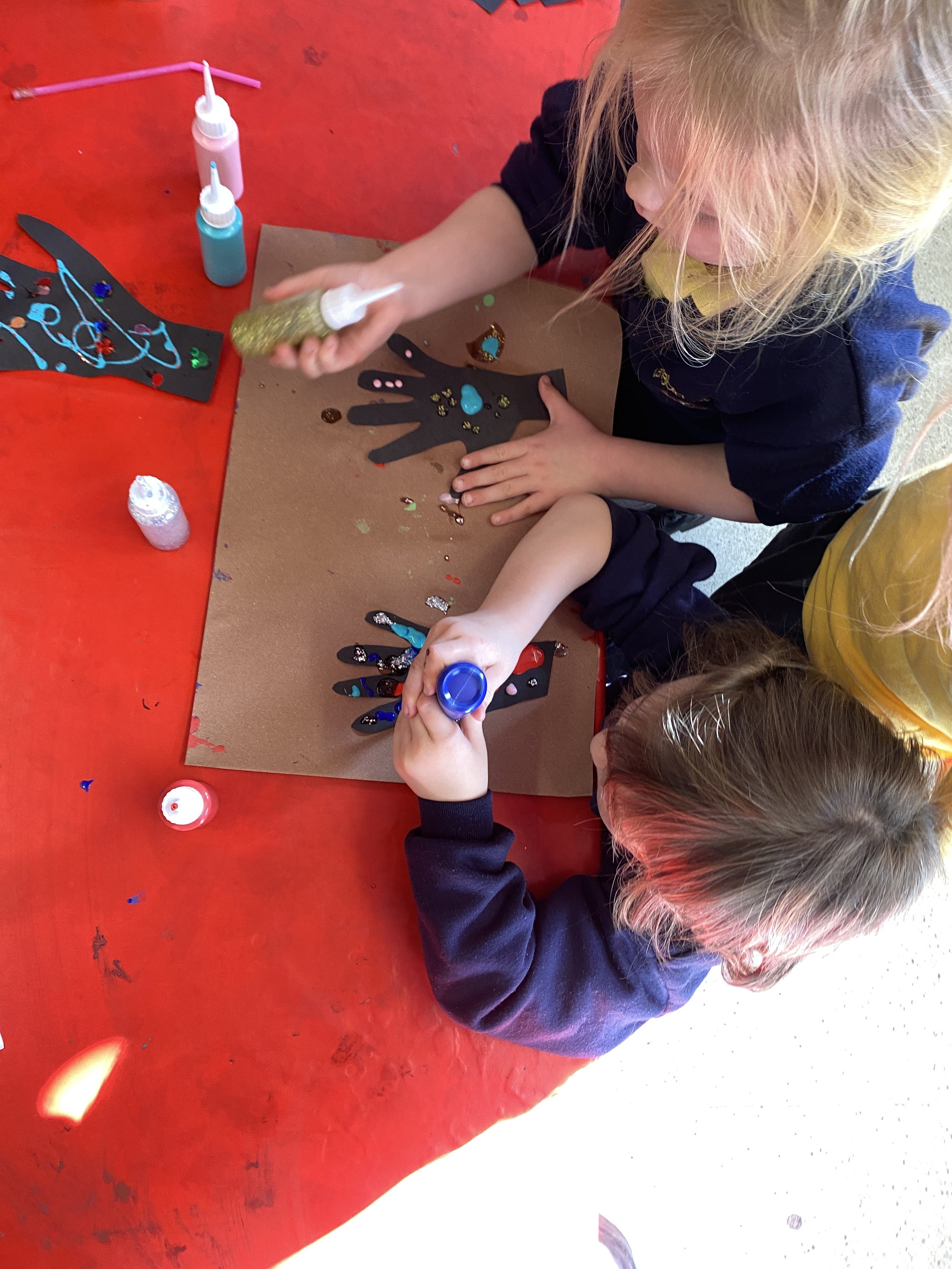Happy Diwali
Diwali is celebrated as a five-day New Year festival; it symbolises the triumph of good over evil, light over darkness and new beginnings. Houses are lit by Divas – small clay pots containing a little oil and a wick (a tea light can replace the oil) – and Rangoli patterns are made outside front doors, together with footprints to welcome Lakshmi, the goddess of good fortune and wealth, into every home.
Buildings and streets are decorated with lights, and there are firework displays. Homes are cleaned, new clothes worn and cards and gifts, such as sweets (mithai) and dried fruit, are exchanged.
One of the most famous legends associated with Diwali tells the story of how Prince Rama returned from exile with his wife, Sita, to his kingdom, after overcoming the 10-headed demon Ravana with the help of Hanuman, the monkey god, and his army of monkeys. People were so delighted that they lit the couple’s return with rows of lights.
We have talked about what children and their families plan to do in celebration, including any special roles the children may have, such as making Rangoli patterns or helping to make coconut burfi sweets to offer to visitors and to give as gifts.
We have also talked about how we can be kind to one another, and to make other people and ourselves happy.

